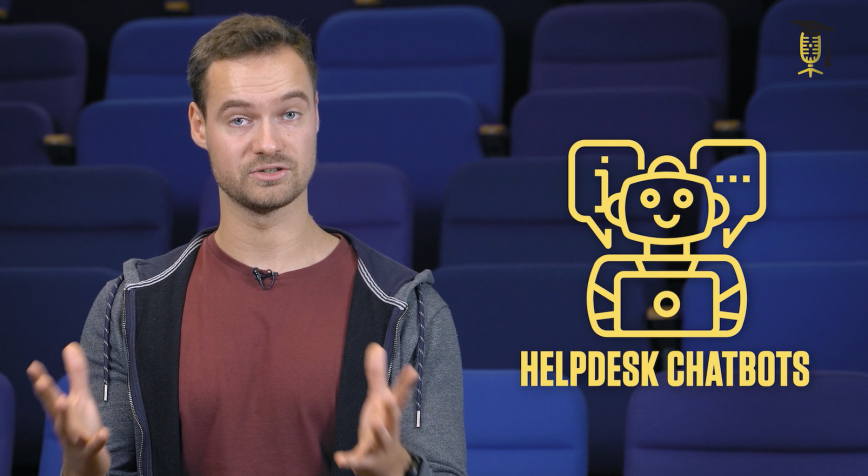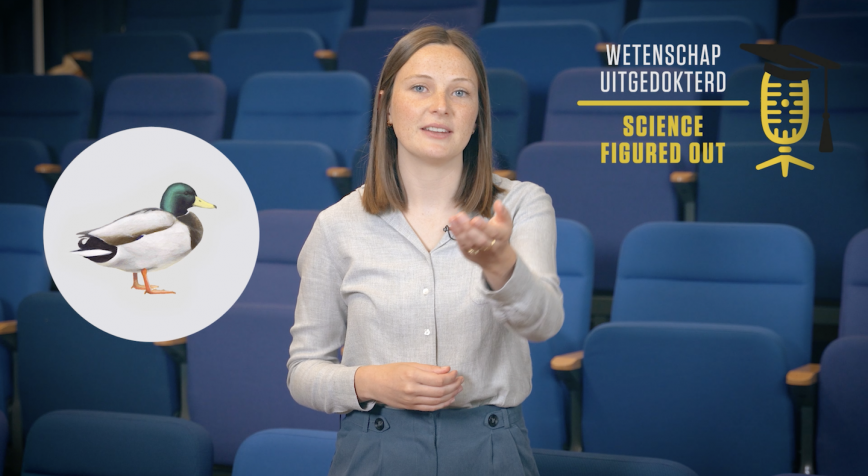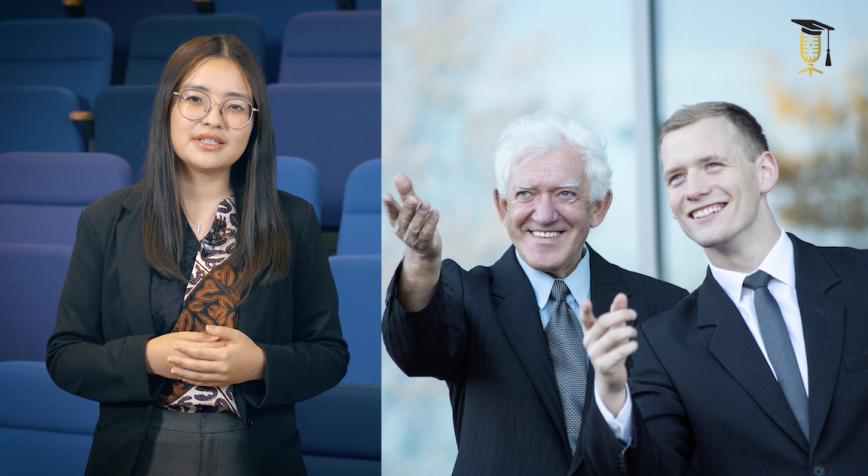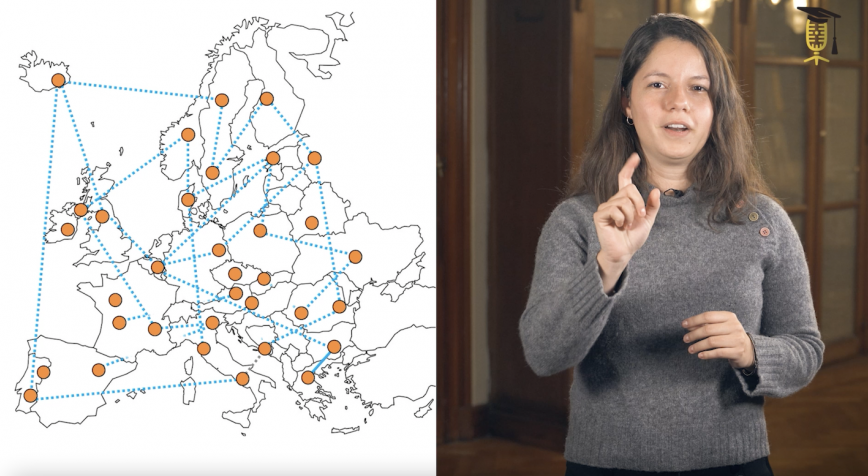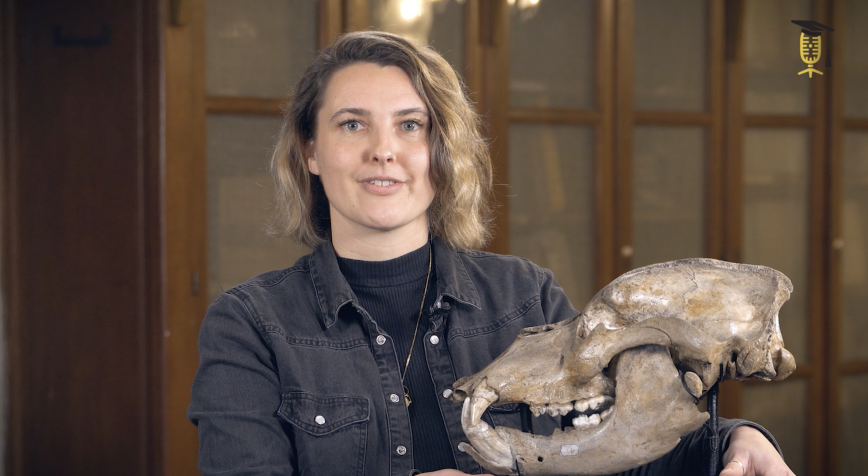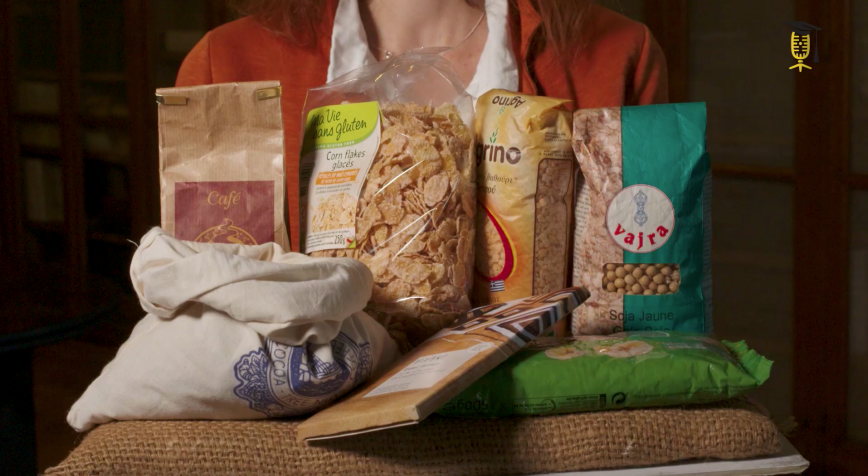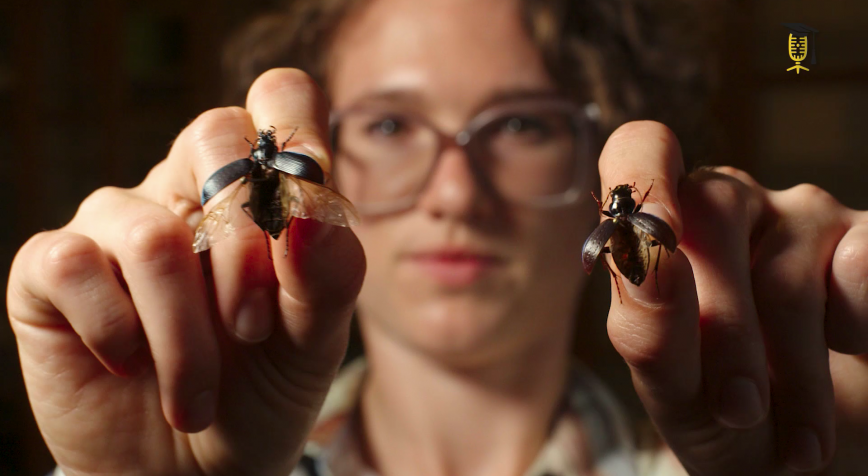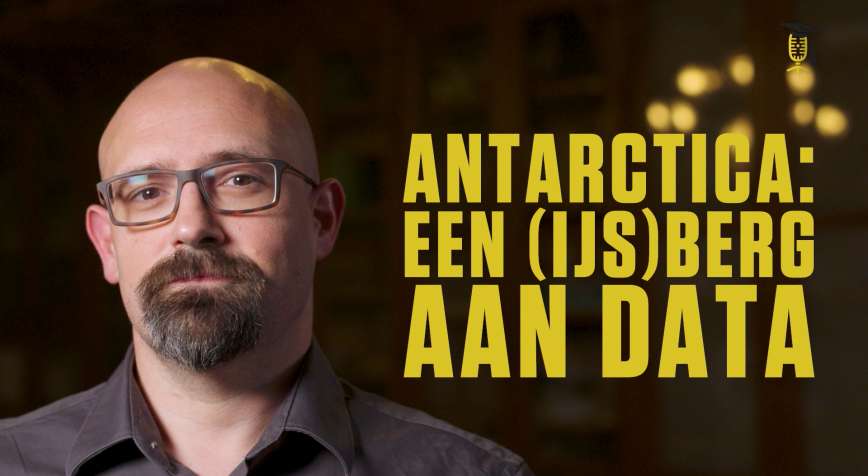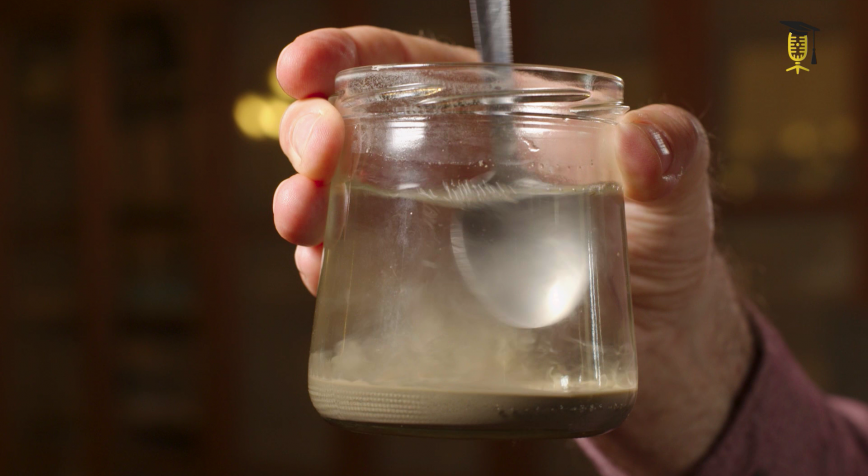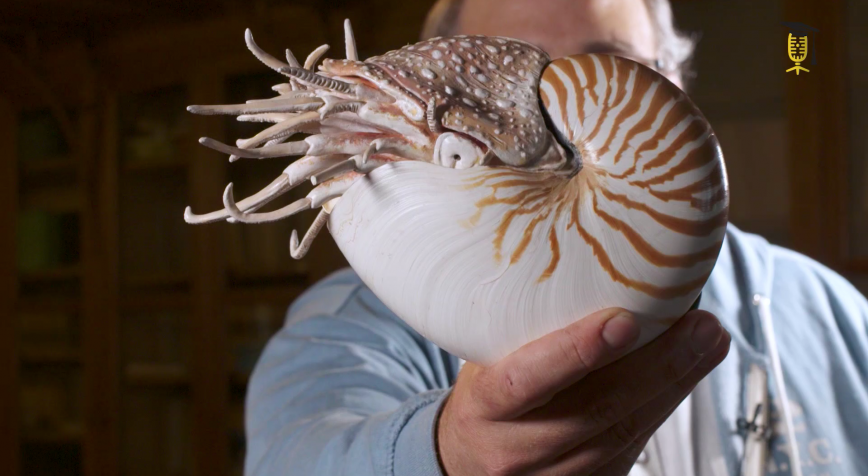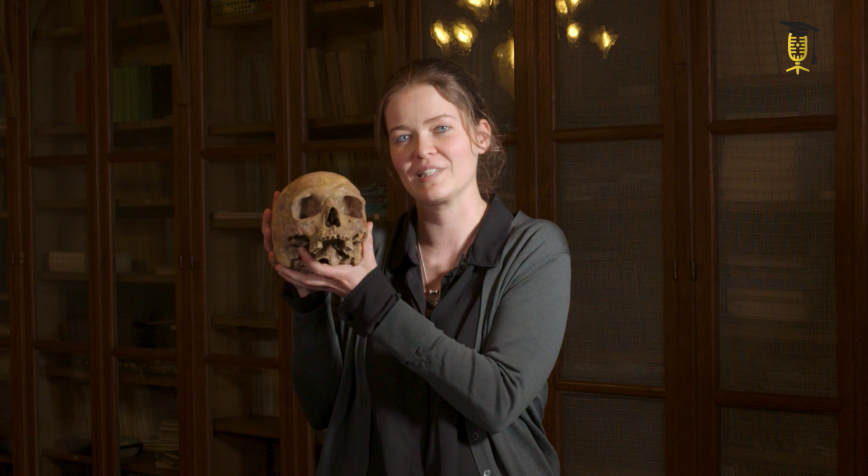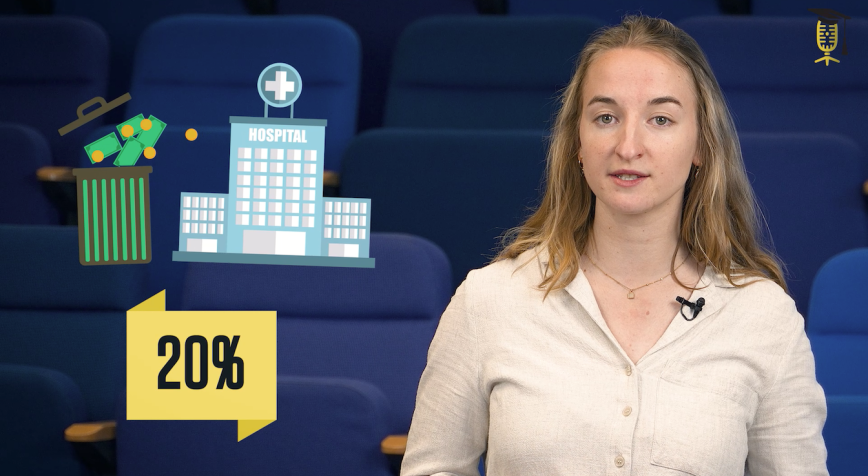
KU Leuven
Vlerick
How to treat the financially ill health care sector
Did you know that 20% of all healthcare expenses are 'waste'? "We are spending large sums of money on things that don't really improve patients' health, such as overtreatment, administrative efficiencies, and so on", says Joke Borzee. To treat our financially ill healthcare sector, she is working on a scoring model to assess the overall value of treatments. Watch her explain how this would work.
